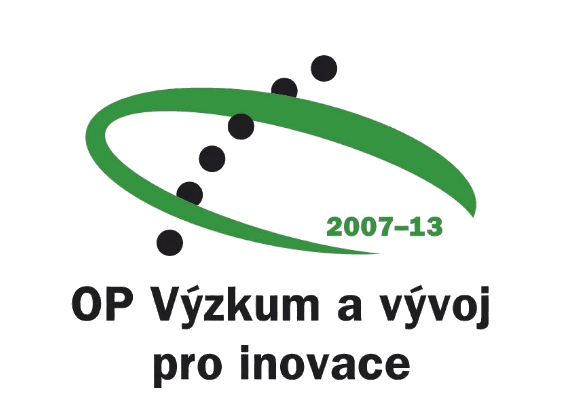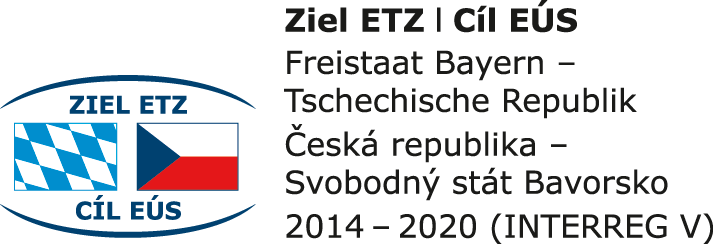
System for storage EEG/ERP data and metadata
A lot of data are produced during EEG/ERP experiments. We have developed a custom system for the management of these experiments. The system enables clinicians and various communities of researchers to store, download, update, manage and share EEG/ERP experiments. Experiments are stored in the relational database, the system provides the web based user interface. Personal data are protected by system of users? accounts and groups with assigned user roles. A full-text search engine is implemented. Simultaneously a software tool providing data in the semantic web form (OWL or RDF representation) is proposed and widely tested. Currently the system is available at http://eegdatabase.kiv.zcu.cz.







